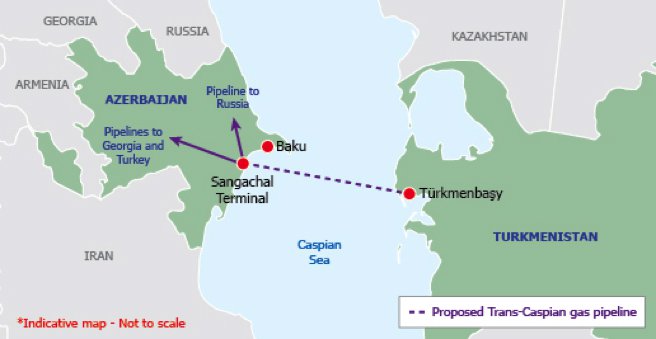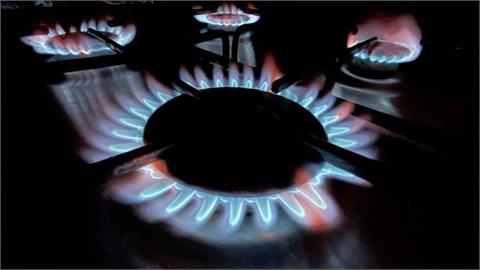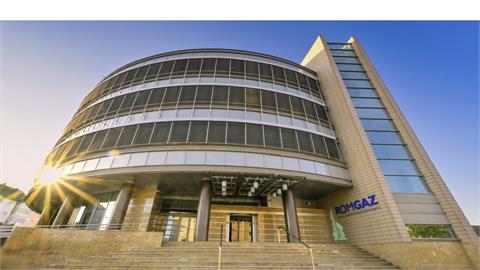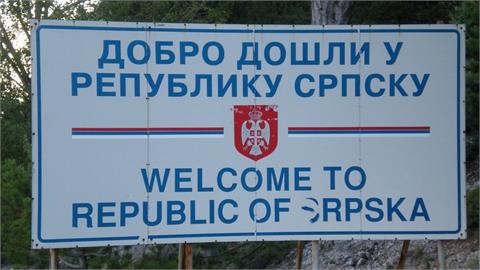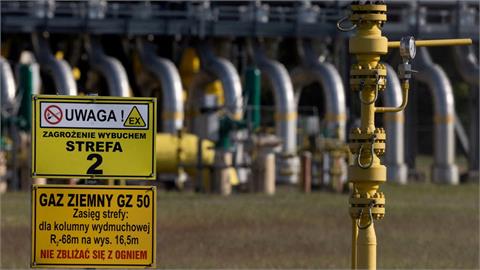by Marika Karayianni* The energy-rich Central Asian nation of Turkmenistan ranks fourth globally in terms of asserted natural gas reserves with around 50 trillion cubic metres (tcm), according to the latest announcements of the state energy company Turkmengaz
The energy-rich Central Asian nation of Turkmenistan ranks fourth globally in terms of asserted natural gas reserves with around 50 trillion cubic metres (tcm), according to the latest announcements of the state energy company Turkmengaz.
The current production is about 75 billion cubic metres (bcm) per year, with plans to increase that total to 230 bcm by 2030.
According to the British accounting company Gaffney, Cline & Associates, Turkmenistan’s largest gas field Galkynysh holds over 24 tcm alone, making it the second largest field in the world after Ghawar in Saudi Arabia. Two other fields, Yashlar-Minara and Bagtyarlik, each hold 1.45-5 tcm and 1.3 tcm, respectively.
The government in the capital Ashgabad opted to develop these giant fields through concessions and service contracts with Petrofac, LG International, CNPC and Hyundai Engineering and Construction Co. for a specific time frame instead of the popular Production Sharing Agreement model (PSA).
China is Turkmenistan’s first and most important client, however, Ashgabad has long aspired to export its gas resources to Europe.
The Trans-Caspian Gas Pipeline is a proposed 300 km underwater pipeline that would stretch between Turkmenistan coastal city Turkmenbashi to Baku in Azerbaijan and may also include a connection between the huge Tengiz field in Kazakhstan and Turkmenbashi.
The project is destined to transport natural gas from Turkmenistan and Kazakhstan to Europe, bypassing Russia and Iran, and is considered an eastward extension of the Southern Gas Corridor comprised of the South Caucasus Pipeline (SCP), Trans-Anatolian Pipeline (TANAP), and the Trans-Adriatic Pipeline (TAP).
Its projected capacity is 30 bcm per year, at an estimated cost of $5 billion.
The project was first suggested in 1996 by the United States. In February 1999, the Turkmen government agreed with General Electric and Bechtel Group for a feasibility study on the pipeline. At a 1999 OSCE meeting in Istanbul, Georgia, Azerbaijan, and Turkmenistan signed a number of agreements concerning the construction of several projects that included the Baku-Tbilisi-Ceyhan and Trans-Caspian pipelines.
The project stalled, however, due to fierce Russian and Iranian opposition and the unresolved legal status of the Caspian Sea, as well as the major discovery of the Shah Deniz gas field in Azerbaijan.
On September 12, 2011, the EU Foreign Affairs Council agreed to give a negotiating mandate to the European Commission for negotiations with Azerbaijan and Turkmenistan on the Trans-Caspian pipeline, but three key questions still remain regarding its construction:
- Commercial production of natural gas, in order to justify the construction and operation of the pipeline;
- Sufficient demand to support stable sales on commercially attractive terms for the government of Turkmenistan and the companies involved in production;
- Investors interested in developing infrastructure that will deliver Turkmen gas to Europe.
Turkmenistan has the reserves, as indicated above, but the second question needs to be answered to enable the third.
The project was flatly rejected by Russia and Iran, as both are transit countries for Turkmen gas. Moscow that a gas pipeline would endanger the prosperity of the entire region and prove to be environmentally unacceptable.
Russia has also taken the legal position that a potential pipeline project, regardless of the route on the seabed, would require the consent of all five Caspian littoral states – Russia, Iran, Azerbaijan, Kazakhstan, and Turkmenistan – to proceed.
Iran continues to legally recognise treaties signed by the Soviet Union and Iran between 1921-1940 are still in force and any action taken without the consent of all littoral states would be illegal. The issue is regulated by articles 79 and 87 of the UNCLOS (United Nations Convention on the Law of the Sea) of 1982, which states that every littoral state, while making use of its sovereign right to explore its seabed and the natural resources that lie beneath it, as well as to prevent any potential pollution or environmental damage, it cannot prevent the laying and/or preservation of cables and pipelines.
The route of any pipeline on the seabed is subject to the consensus of the littoral state. Russia, Kazakhstan and Azerbaijan have ratified the Convention, which was signed by the Soviet Union, whereas Turkmenistan and Iran have not. The Convention is therefore not applicable in the Caspian Sea and the consensus of all littoral states is required in order to proceed with the construction of a pipeline. If all the countries involved had ratified the Convention, the realisation of the Trans- Caspian would be much simpler, at least from a legal point of view.
As long as the legal status remains unresolved, the issue of the Trans-Caspian will continue to linger unless Russia and Iran decide to shift their positions, which is not likely to happen.
The economic context remains a challenge with global oil prices still low and the ongoing embargo against Qatar, the biggest LNG producer and exporter in the world. From a market perspective, building a pipeline to bring remote Turkmen gas supplies to Europe appears extremely expensive, when oil prices remain low. Furthermore, does Europe really need Turkmen gas at this point and time?
Shah Deniz II gas will come online in 2020, with 10 bcm reaching Turkey, Greece, Albania, and Italy. When the capacity later doubles to 20 bcm per year, Bulgaria will also import 2 bcm per year through the Interconnector Greece Bulgaria, while Russia remains the main natural gas supplier for Europe.
Europe’s Mediterranean flank is already heavily reliant on LNG imports, with Greece, Italy and Spain importing LNG from Algeria and Qatar. Last but not least, it seems that gas from the Eastern Mediterranean region will come sooner than expected, either from Zhor field in Egypt or from Block 6 in Cyprus.
As a result, the key question remains: Is the Trans-Caspian still vitally important for Europe anymore?
* Marika Karayianni is a Caspian Energy Expert
https://www.neweurope.eu/article/trans-caspian-gas-pipeline-really-important-europe/
